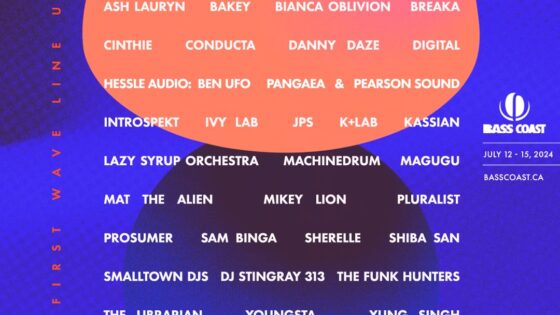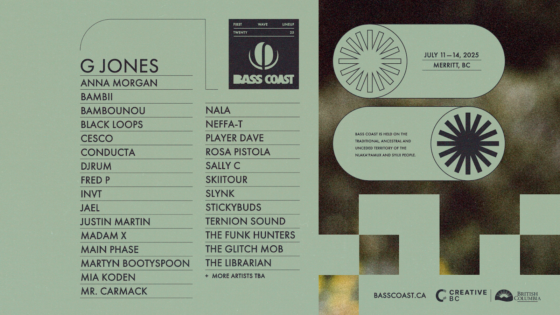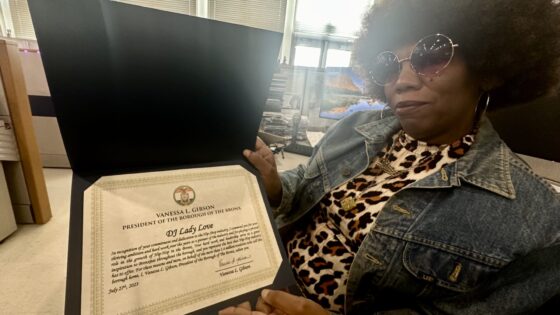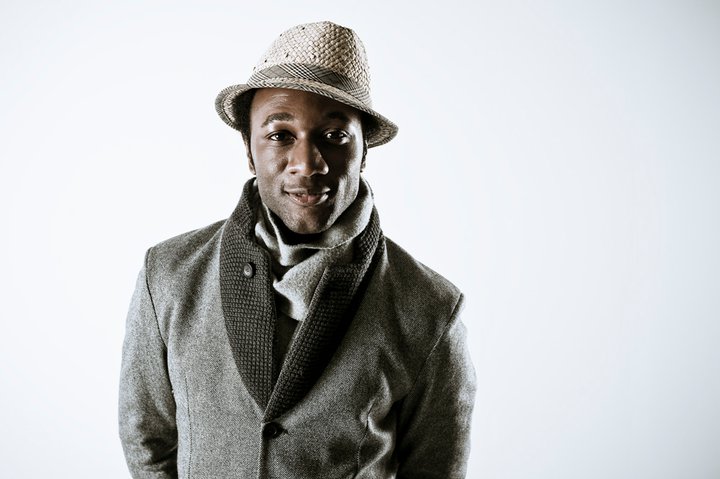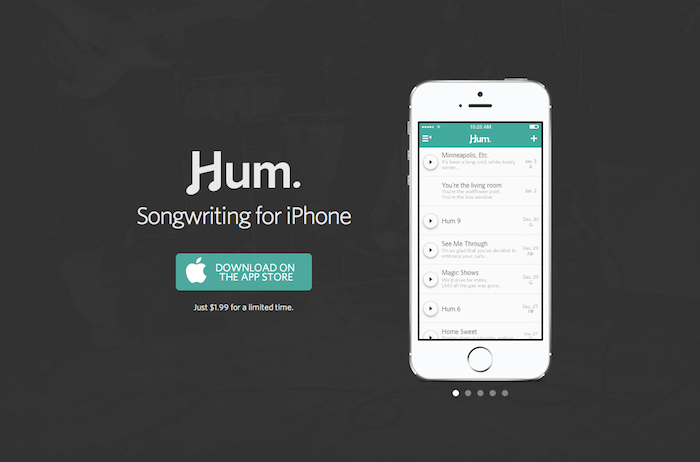Earlier this summer, Dance Music Northwest examined the issues that Spotify faces in turning a profit and the proposed changes in the Songwriter Equity Act of 2014 (H.R. 4079). The proposed bill seeks to amend federal copyright law and adapt the royalties system for a more equitable marketplace. While our first article highlights why the change in regulation, although important, may hurt businesses like Spotify, this time we turn the tables and address the issue from the songwriter’s perspective.
While the Songwriter Equity Act has not moved forward in the legislative process, the issue was brought to life once again with an engaging exposé written by Aloe Blacc in the online publication of Wired. Blacc is a singer and songwriter, perhaps best known for the vocals in Avicii’s #1 hit Wake Me Up. That song, which was the most streamed song in Spotify history, and the 13th most played song on Pandora with more than 168 million streams in the US, only netted Blacc a mere $4,000.
If that’s what’s now considered a streaming “success story,” is it any wonder that so many songwriters are now struggling to make ends meet?
To quote Danny N, a commenter on Blacc’s article on Wired, “the real point is this: if the biggest fish in the pond can’t make any significant money off of streaming, then the little guys don’t even begin to stand a chance.” But whether you are listening to the little fish or the big fish, the music can’t exist without songwriters and the songwriters can’t continue to do their job in an unfair system that doesn’t adequately reward their efforts.
Blacc encourages us all to purchase albums, while also urging streaming services to uphold the value of songwriters. We also need to collectively vocalize for change. “After all,” he explains, “if songwriters cannot afford to make music, who will?”
What do you think? Are songwriters losing out with the current system?
Important things happen in Pacific Northwest nightlife, and DMNW will send you alerts!







